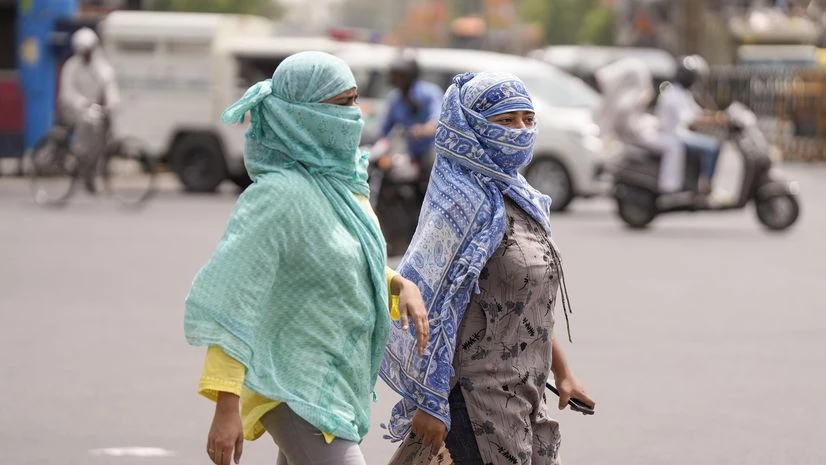Pakistan is currently facing a devastating heatwave that is inflicting widespread suffering and strain on both lives and infrastructure across the country.
In Karachi, Pakistan’s largest city, temperatures have soared above 40 degrees Celsius for an extended period, accompanied by stifling humidity, making conditions unbearable for its residents.
Reports suggest that the extreme weather pattern has persisted since Saturday. The situation has exacerbated existing health risks, with around 450 deaths reported in the city over the past four days due to heat-related causes, as confirmed by a leading NGO on Wednesday. Thousands more have been admitted to hospitals suffering from heatstroke and related ailments.
Pakistan’s healthcare system under pressure
The healthcare system in Pakistan is under immense pressure, with hospitals and clinics struggling to cope with the influx of patients. Imran Sarwar Sheikh, head of the emergency department at the state-run Civil Hospital Karachi, reported admitting 267 people with heatstroke between Sunday and Wednesday, of whom twelve tragically succumbed to the extreme conditions.
He noted that most patients were elderly, although younger adults were also affected, emphasising the importance of staying hydrated and wearing light clothing in such high temperatures.
The impact on mortality has been starkly visible, with the Edhi Foundation, operating Pakistan’s largest ambulance service, reporting an alarming increase in fatalities. Over the past six days alone, the foundation has transported approximately 568 bodies to Karachi’s morgues, with Tuesday recording the highest single-day toll of 141 deaths, according to BBC reports.
Faisal Edhi, head of the foundation, lamented the overwhelming situation, stating, “We have four mortuaries operating in Karachi and we have reached a stage where there is no more space to keep more bodies in our mortuaries.”
More From This Section
Infrastructure strain: Electricity and power cuts
The plight extends beyond the healthcare and mortuary sectors, exposing broader vulnerabilities in Pakistan’s infrastructure. The severe heatwave has exacerbated the country’s electricity crisis, leading to widespread power cuts.
Karachi Electric, the city’s main power supplier, has implemented rationing measures due to a significant gap between electricity demand, which has spiked to 26,500 megawatts, and production capacity, capped at 20,253 megawatts. As a result, residents endure power outages lasting up to 12 to 14 hours, severely impacting their ability to stay cool and safe during this crisis.
The heatwave’s toll has been particularly severe among vulnerable groups, including homeless individuals and drug addicts, many of whom spend their days exposed to the elements without access to shelter or adequate hydration. Emergency services reported discovering nearly 30 bodies on Karachi’s streets on Monday, with heat exposure suspected as a contributing factor to these deaths, reported the Dawn.
Humanitarian response and relief efforts
The humanitarian crisis has prompted a concerted response from authorities and relief organisations. The Edhi Foundation and other NGOs are working to manage the influx of dead bodies and provide essential support to affected communities. However, the scale of the crisis demands additional resources and coordinated efforts to mitigate the immediate impacts of the heatwave and strengthen resilience against future extreme weather events.
Despite the grim circumstances, there is cautious optimism as weather forecasts a slight cooling trend in the coming days. This ‘anticipated relief’ offers hope for the millions affected by the prolonged heatwave and its devastating consequences.
[With agency inputs]

)